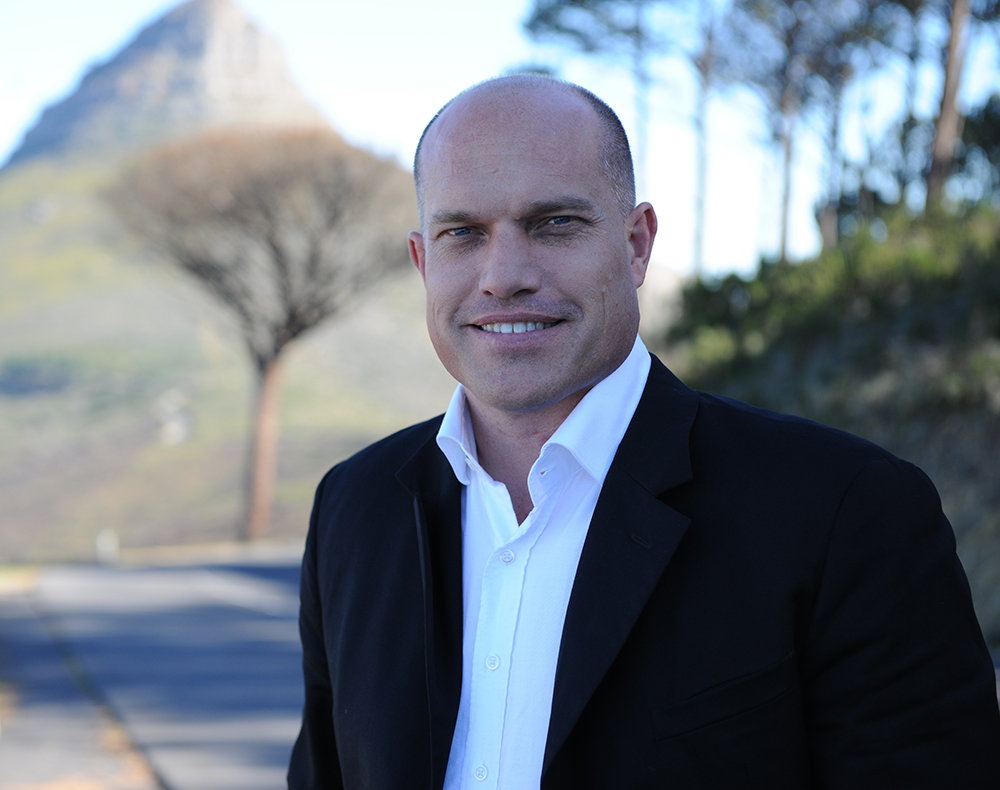Get to Know feature with Gys Kappers, Chief Executive Officer, Wyzetalk.
What would you describe as your most memorable achievement?
Landing the AngloGold Ashanti (AGA) account early on, building the product and getting a business like AGA to use it in a life changing way. To have them continue with us all this time, is one of the most memorable moments.
What first made you think of a career in technology?
I’ve always been fascinated with the role technology plays in enabling businesses. I started a tech business at the age of 20 called Tradesuite, which allowed organisations (dial up) to manage their online/offline order system before the Internet was ubiquitous and companies used to connect using dial up connections.
After that I went in to our family business in concrete masonry which I grew to 19 national factory operations. We automated through PLCs, integrated manufacturing output of each factory into a central place so we could manage the raw material input and factory output through a single dashboard. Then during my eMBA at UCT, I became fascinated with systems thinking and social business. I was fortunate to meet a group of people that were looking at developing a social business solution at the time and I was in a position to invest and work on bringing this innovation to Africa.
What style of management philosophy do you employ with your current position?
I believe in giving my team autonomy. I don’t believe in a hierarchical structure, I give people space to grow and learn and come up with solutions without imposing a specific direction.
What do you think is the current hot technology talking point?
Chatbots and Artificial Intelligence.
How do you deal with stress and unwind outside the office?
Sport, family time and reading.
If you could go back and change one career decision what would it be?
In my early 20s I became a dive master and I was invited to work in the Grand Caymans, but I never took up this opportunity.
What do you currently identify as the major areas of investment in your industry?
Mobile technology.
What are the region-specific challenges when implementing new technologies in Africa?
About 87% of employees globally are disengaged in their work – and we find a similar situation in Africa. Often when implementing the Wyzetalk solution, we come into environments where employees’ level of trust is low and for a number of reasons. In addition to overcoming this and some legacy issues in how companies have typically connected with their workforces, we also have the physical technology challenge.
Connectivity plays a large part in implementing a technology solution in Africa. Specifically, the cost of mobile data that makes smart mobile applications limited to who they’re most useful to, wi-fi is the next best option but is also limited in its reach and then we have USSD which in SA is a great option for companies to connect with their workforces, but it’s also not without its challenges. Shifting to Africa, each country and region has a unique mobile footprint, infrastructure, systems and cost structure and so a large part of our job is to align the best technology solution to the operating environment and cost structure so that it works optimally for both the company and its people.
What changes to your job role have you seen in the last year and how do you see these developing in the next 12 months?
As our team grows we’re investing more in strategy, defining roles and responsibilities, looking at career progression, which is particularly important for millennials, and forging an internationalisation strategy. Although I’m still very focused on customer relations and acquisition, empowering our leadership team and looking at future strategies is likely to occupy my thinking in the next few years.
What advice would you offer somebody aspiring to obtain C-level position in your industry?
Get as much experience in all aspects of the business as you can, it’s important to always have a balanced view, to understand the numbers, learn to work with people and never underestimate the importance of leveraging teams and individual skills, read and continually improve your knowledge, network with people from all walks of life (local and international), take advantage of networking organisations, it’s important to also balance your work-life with family, friends, time out and experiences.


